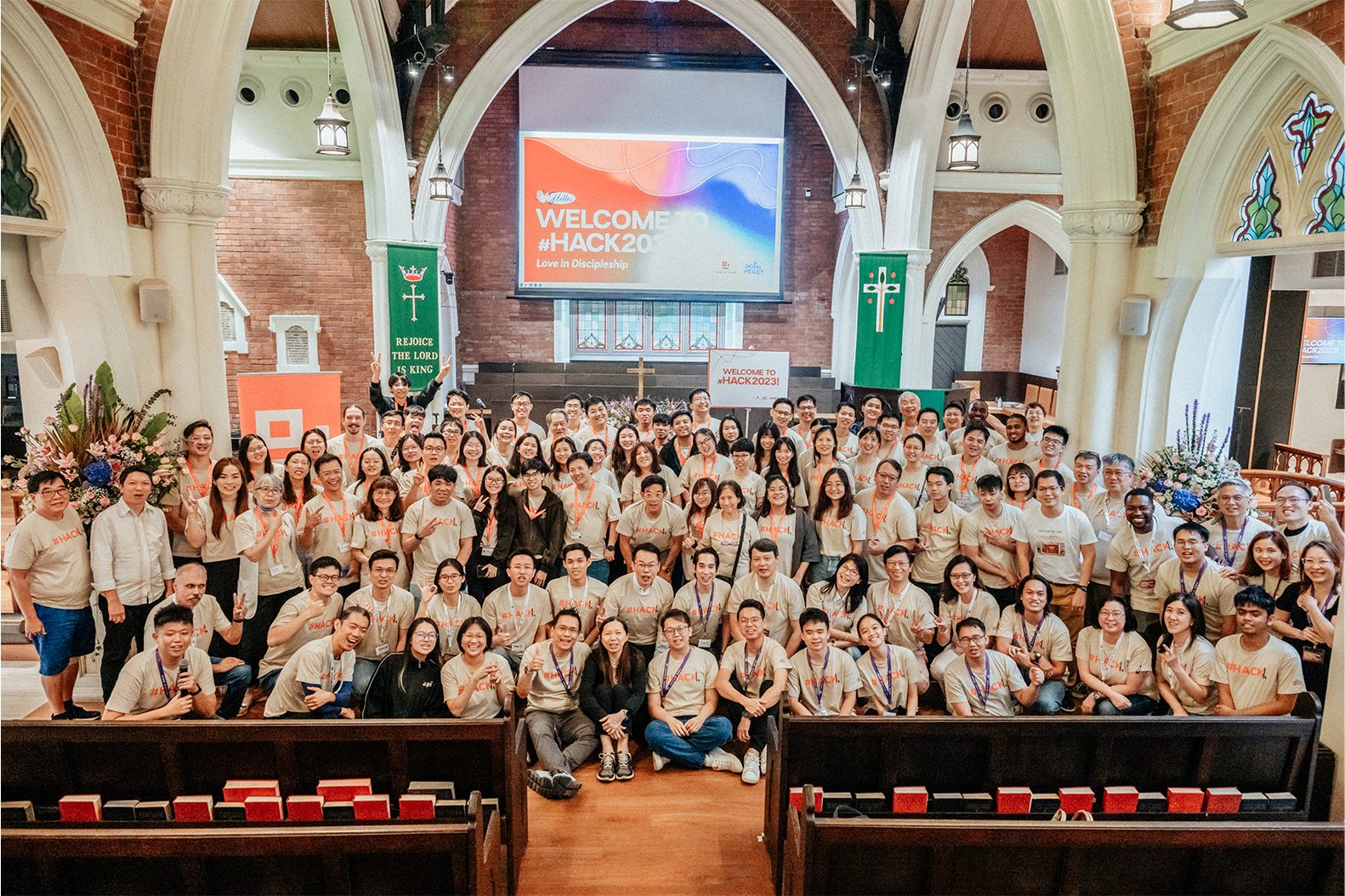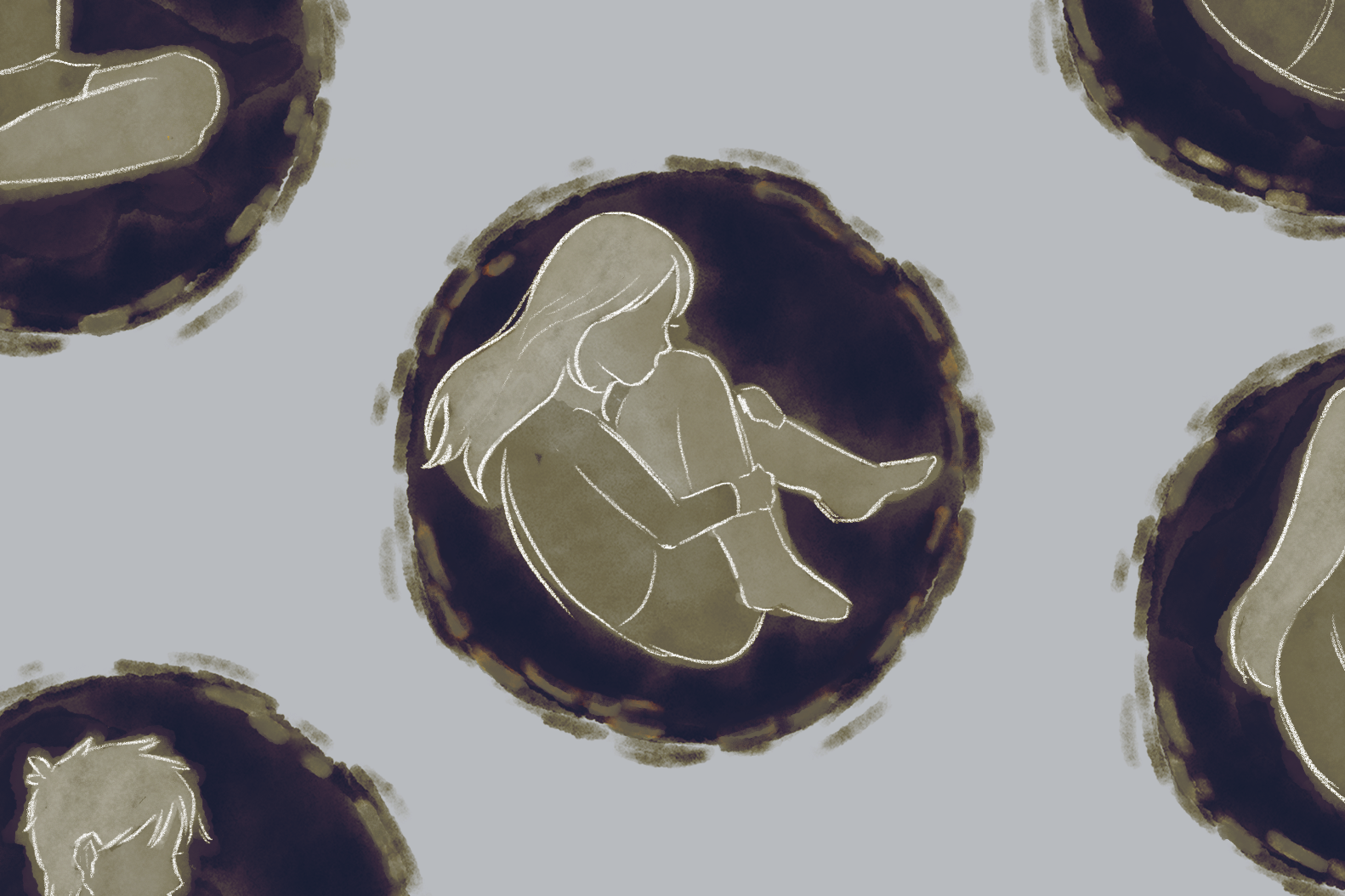The Glory has been one of the most popular K-Dramas around since it first aired in December last year.
It’s a dark story of revenge centred around the character of Moon Dong-eun (Song Hye-kyo), who exacts vengeance upon her high-school bullies, the most wicked of which is Park Yeon-jin (Lim Ji-yeon).
The story is heavy and reflects the unfortunate reality many individuals face, such as those who were picked on in school and whose perpetrators got away scot-free.
The second season was just released last Saturday. As I binged this terrific show, however, one question stuck in my mind.
Can we truly be the judge of what is fair? Can we decide what is justice?
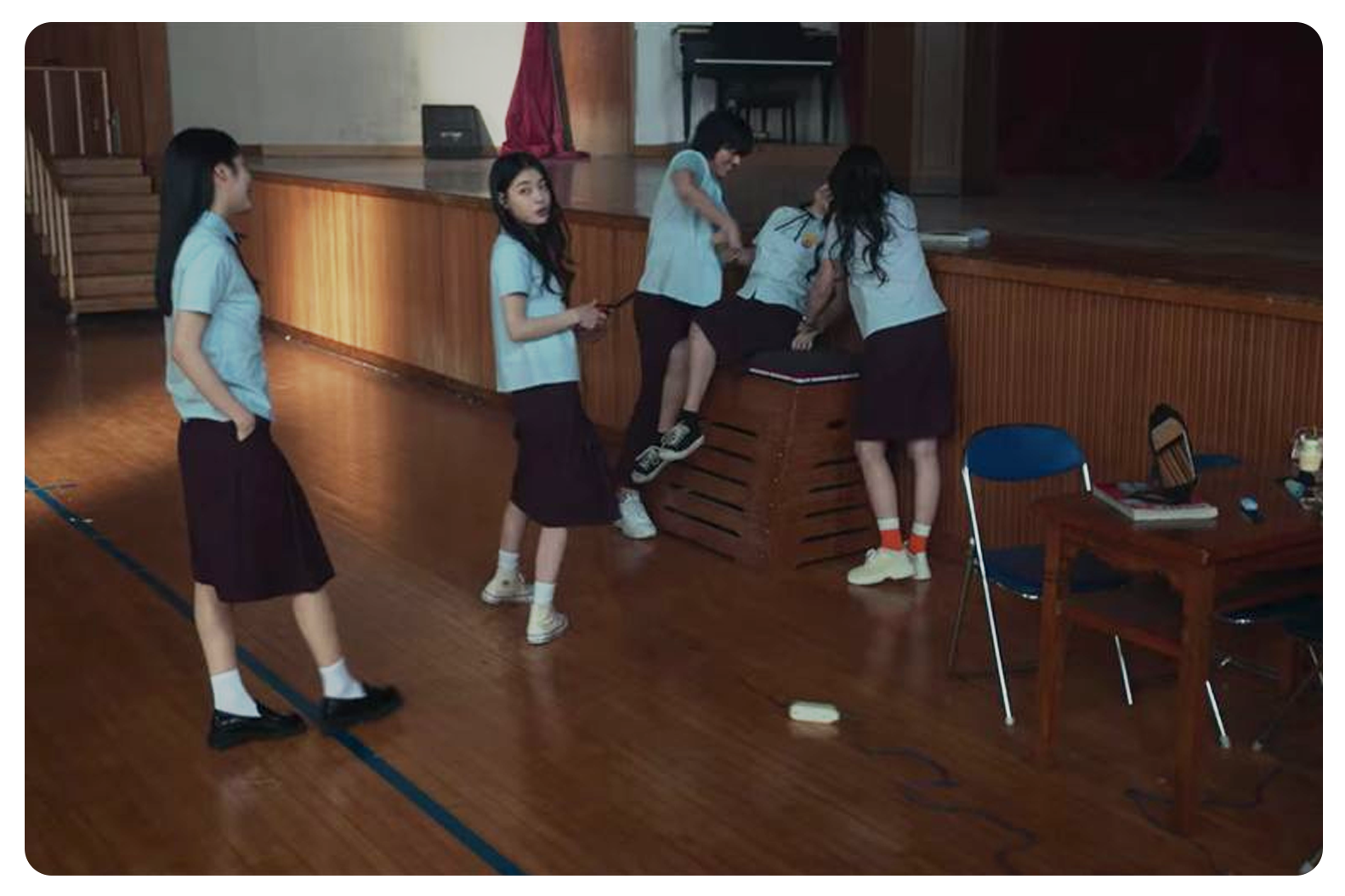
The abuse inflicted on Dong-eun is unimaginable, the most horrifying of which being when her bullies scalded with her an iron.
Not only was her dignity robbed from her, she faced all of it alone.
Even when she brought the bullying to light, no one helped her.
In fact, some even punished her for accusing the bullies, who were wealthy and privileged.
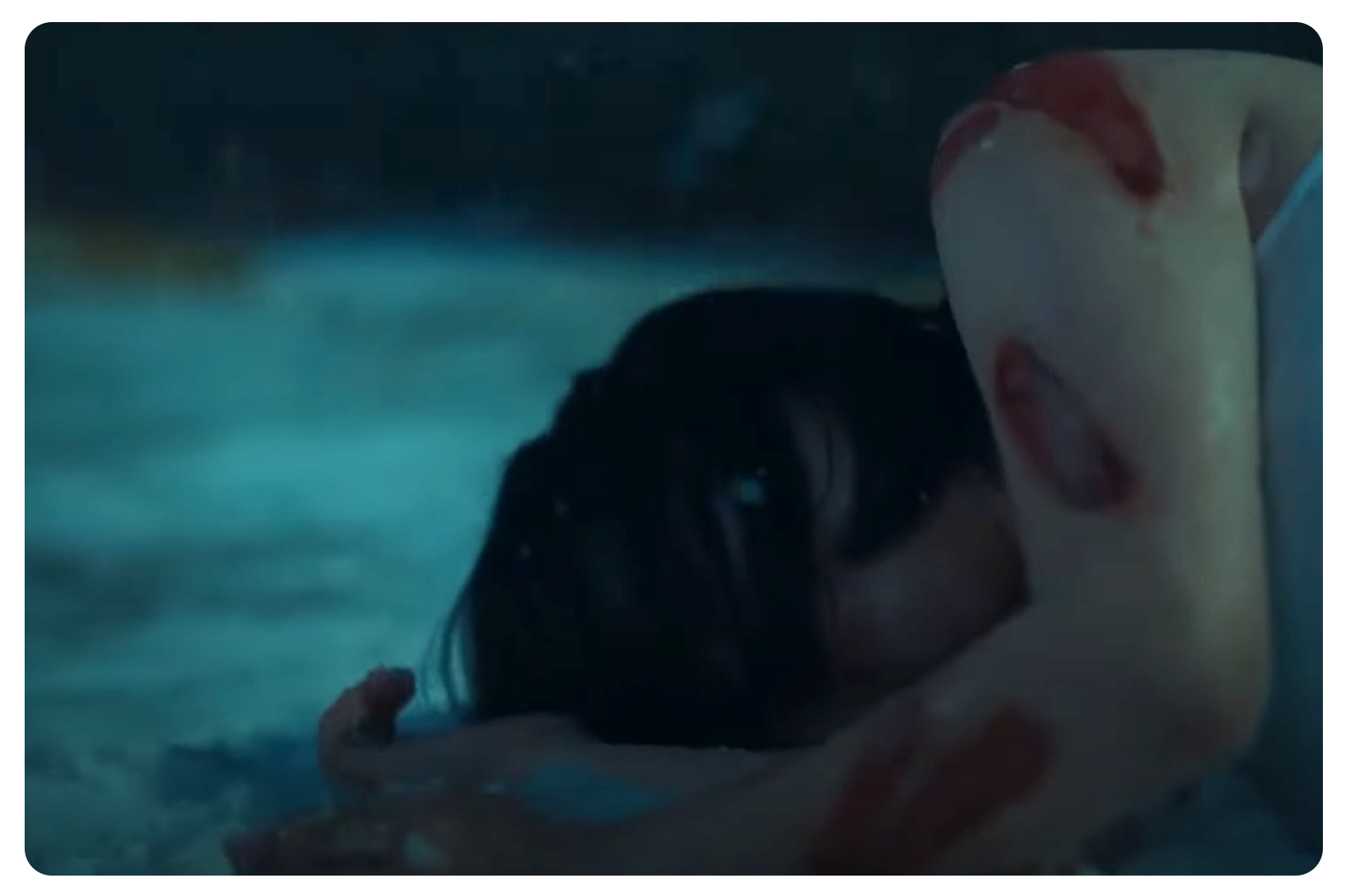
Shortly after she dropped out of school, she encountered a very low moment in her life and briefly contemplated suicide.
“The Han River is just a 20-minute walk away,” she thought to herself. “The water will be cold, and then everything will be okay. The scars won’t itch anymore. What more could I want?”
Indeed, Dong-eun’s psychological trauma was embodied in her scars. Thankfully, however, she chose to live and her scars eventually healed and stopped itching.
But they still remained on her skin, a permanent reminder of the damage bullying causes that never really goes away.
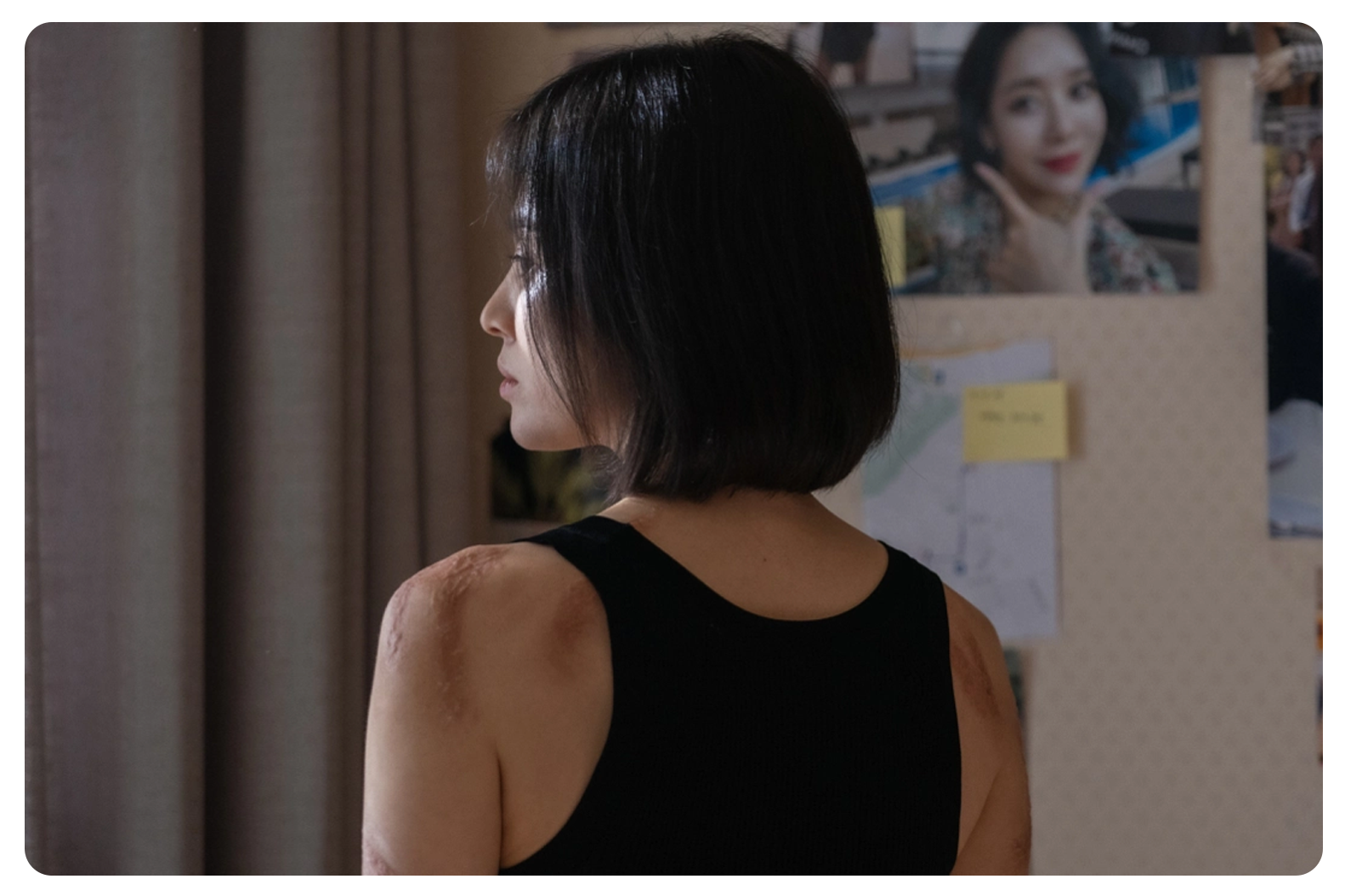
“I think about her everyday. Some hatred resembles longing. It’s impossible to get rid of.”
Dong-eun’s desire for revenge soon consumes her entire being.
Her sole purpose is to see her bullies’ downfall, and she dedicates her whole life to making this dream come true.
Yet, this pursuit never truly brings her joy.
Dong-eun eventually meets Kang Hyun-nam (Yeom Hye-ran) who wants revenge herself.
The latter agrees to help Dong-eun, on the condition that Dong-eun helps her kill her abusive husband.
Along the way, Hyun-nam surfaces some semblance of happiness in Dong-eun.
However, Dong-eun refuses to indulge those feelings: “I don’t want to laugh. I’m afraid I’ll forget what I should be doing if I laugh.”
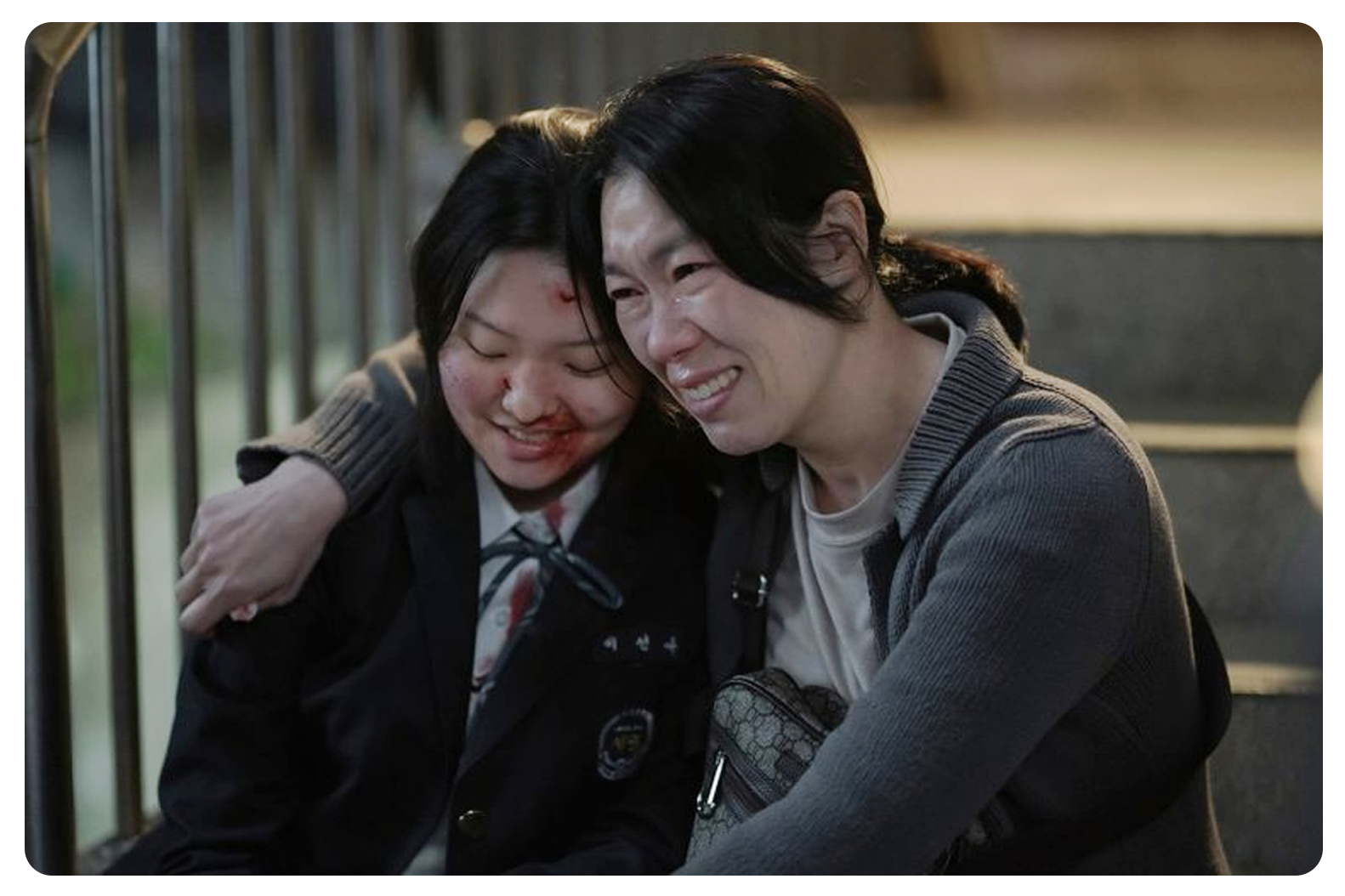
My first thought upon hearing that was: “Isn’t it suffocating?” It seemed quite strange for Dong-eun to want to prolong her suffering by preventing herself from feeling happy.
Rather than letting go of her hurt, which may admittedly be difficult for someone who has gone through immense and unwarranted suffering, she holds on to her desire for revenge and it poisons her inside. It all seems dreadfully overwhelming.
At this point, the title of the show comes into play; Dong-eun says that “there will be no forgiveness, and hence no glory.”
What she means is that as long as the bullies do not apologise sincerely, Dong-eun will never be able to regain what they took from her.
Revenge hence seems to be the only way she can “redeem” what she lost.
While watching the show, I’m sure many of us would feel for Dong-eun.
Yeon-jin is totally unjustified to bully Dong-eun (bullying is always wrong!).
How is she able to be so gleeful while destroying someone else’s life? Is she even human? What led her to do such vile things?
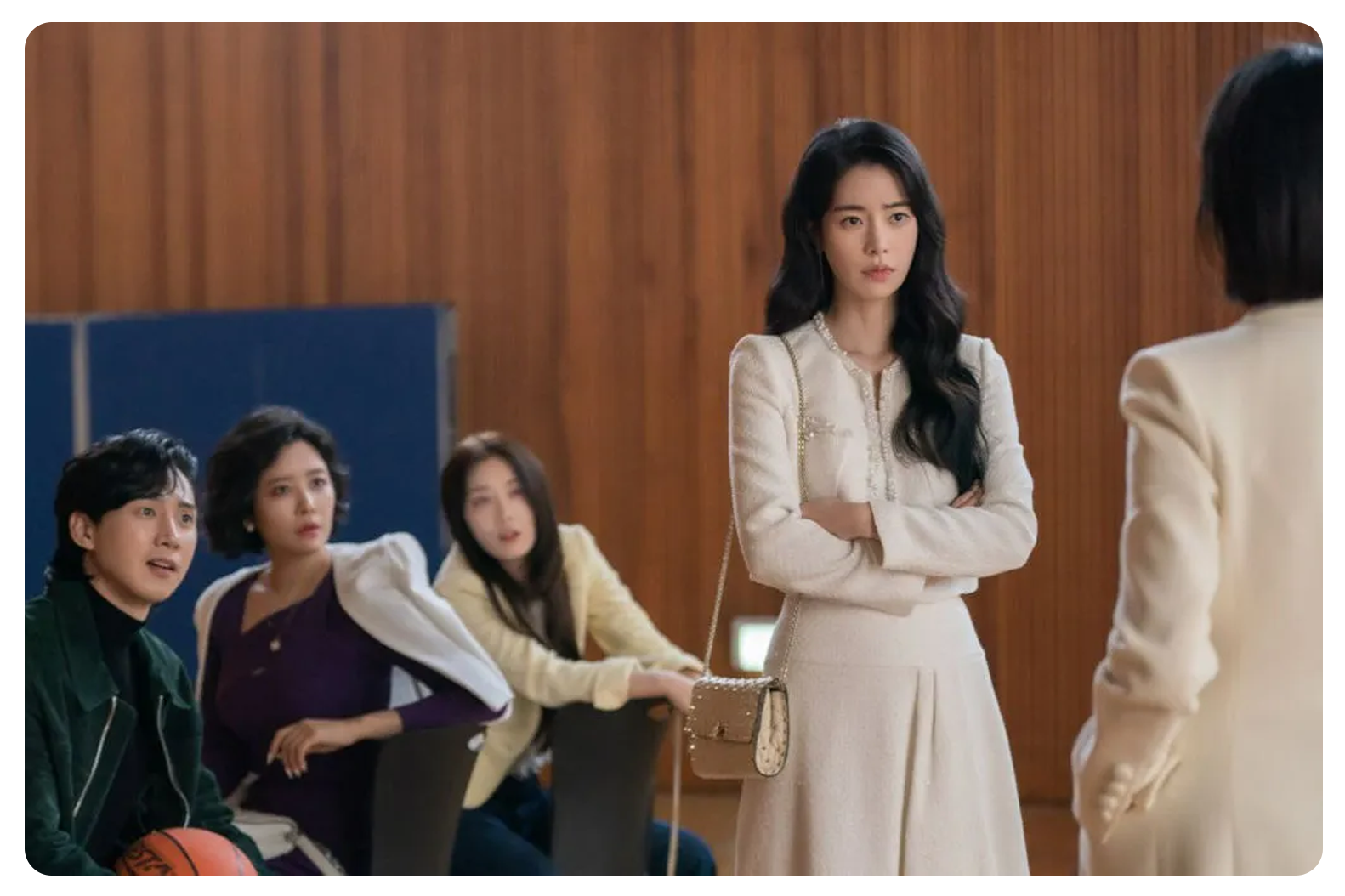
When I was nine years old, I joined in on some of my classmates to pick on somebody. Even today, I still feel awful about it.
My age at the time does not excuse my actions, which I knew were wrong. Ultimately, our teacher found out.
One of us took the fall, while the rest of us got away unpunished.
Moon Dong-eun didn’t deserve to be bullied, and neither did my classmate. While Dong-eun exacted her revenge, my classmate may still be looking for peace.
Looking back, I realise that we really don’t have a say over who receives their ultimate punishment that is just and right.
When my friend told me that she was being ostracised in school and her classmates were talking about her behind her back, I felt the instinctive need to seek justice for her.
How could they do that to her? She did nothing wrong!
But how was I any different from her perpetrators? My classmate all those years ago didn’t do anything wrong either. Who was I to decide and mete out punishment that I felt these other perpetrators deserved?
I realise that we really don’t have a say over who receives their ultimate punishment that is just and right.
To Dong-eun, the concept of “an eye for an eye” sounds “too fair” to her.
What then is real justice?
What really gives someone — who has been wronged — peace and fulfilment?
The Bible gives us a clue to this question in 1 Peter 2:22-24:
“[Jesus] committed no sin, and no deceit was found in his mouth.” When they hurled their insults at him, he did not retaliate; when he suffered, he made no threats. Instead, he entrusted himself to him who judges justly. “He himself bore our sins” in his body on the cross, so that we might die to sins and live for righteousness; “by his wounds you have been healed.”
Jesus himself endured injustice and suffered for sins that He did not commit. He had every right to retaliate and be hateful towards those who tortured and humiliated Him.
But He chose grace. Out of love, He even prayed for His abusers as He hung on the cross: “Father, forgive them, for they do not know what they are doing” (Luke 23:34).
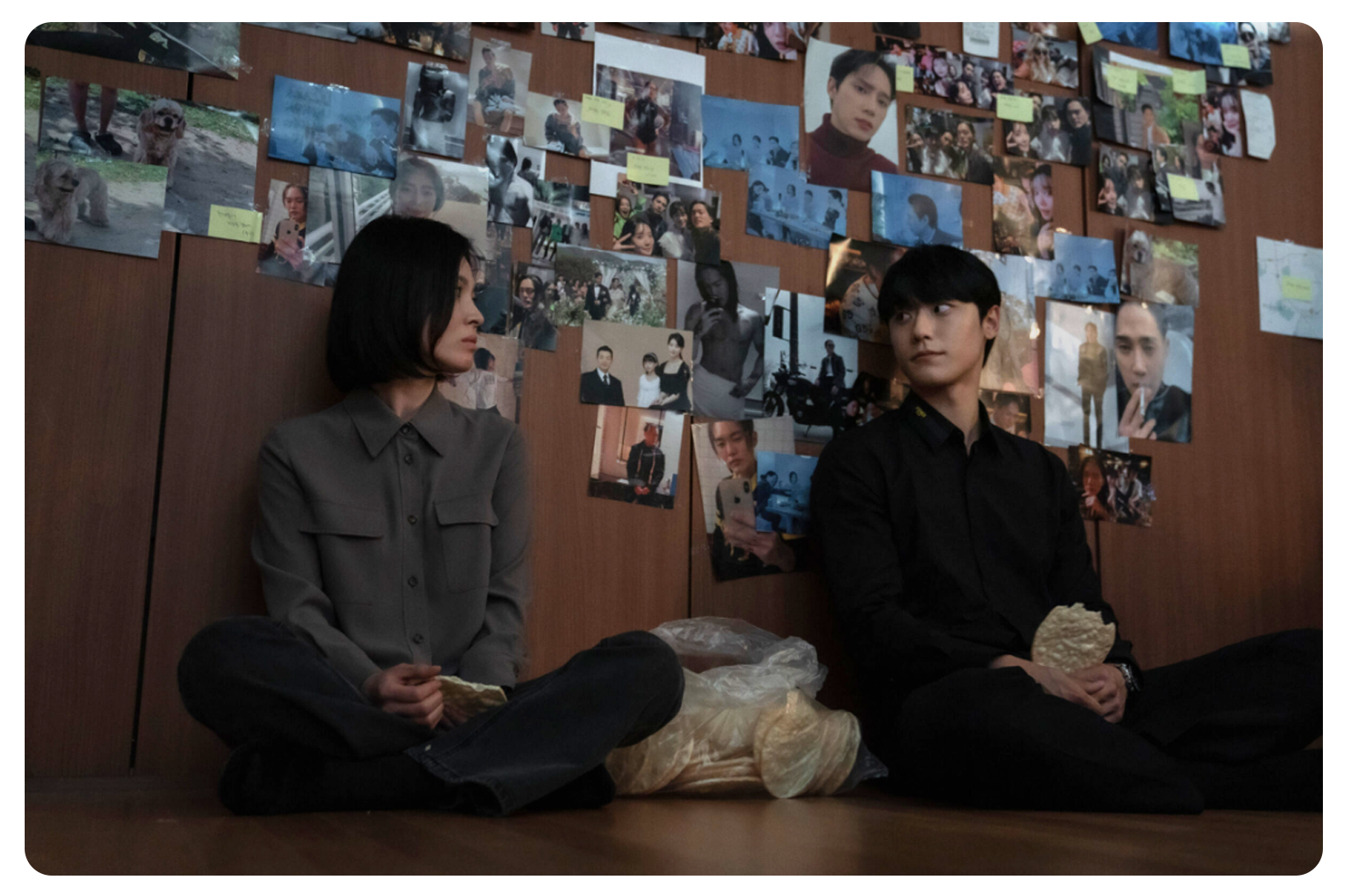
From Jesus’ example, we can learn two things. The first is this: for those like me who have unpunished deeds, God knows exactly what we have done.
However, the shame and guilt of our sins should not stand in the way of our repentance.
Yes, we may feel horrible about what we have done and are ashamed to face God — but Jesus has already taken our punishment upon Himself (John 3:16-17) on the cross.
We are forgiven, not because of anything that we have done or can ever do, but because of God’s grace. All we have to do is put our faith in Him and repent.
The second thing we can learn is, for those of us who have been wronged, we are to turn the other cheek and put our faith in God.
Pastor John Piper words this challenge wonderfully:
”So this is our calling, Peter says. Not to hurt back. And not to plan to hurt back. And not to seethe with bitterness because you’re not allowed to hurt back. … This is your calling. It’s not merely a rule to be followed. It’s a miracle to be experienced. A grace to be received. It’s a promise to be believed.
Do you believe, do you trust, that God sees every wrong done to you, that he knows every hurt, that he assesses motives and circumstances with perfect accuracy, that he is impeccably righteous and takes no bribes, and that he will settle all accounts with perfect justice? This is what it means to be “conscious of God” in the midst of unjust pain.”
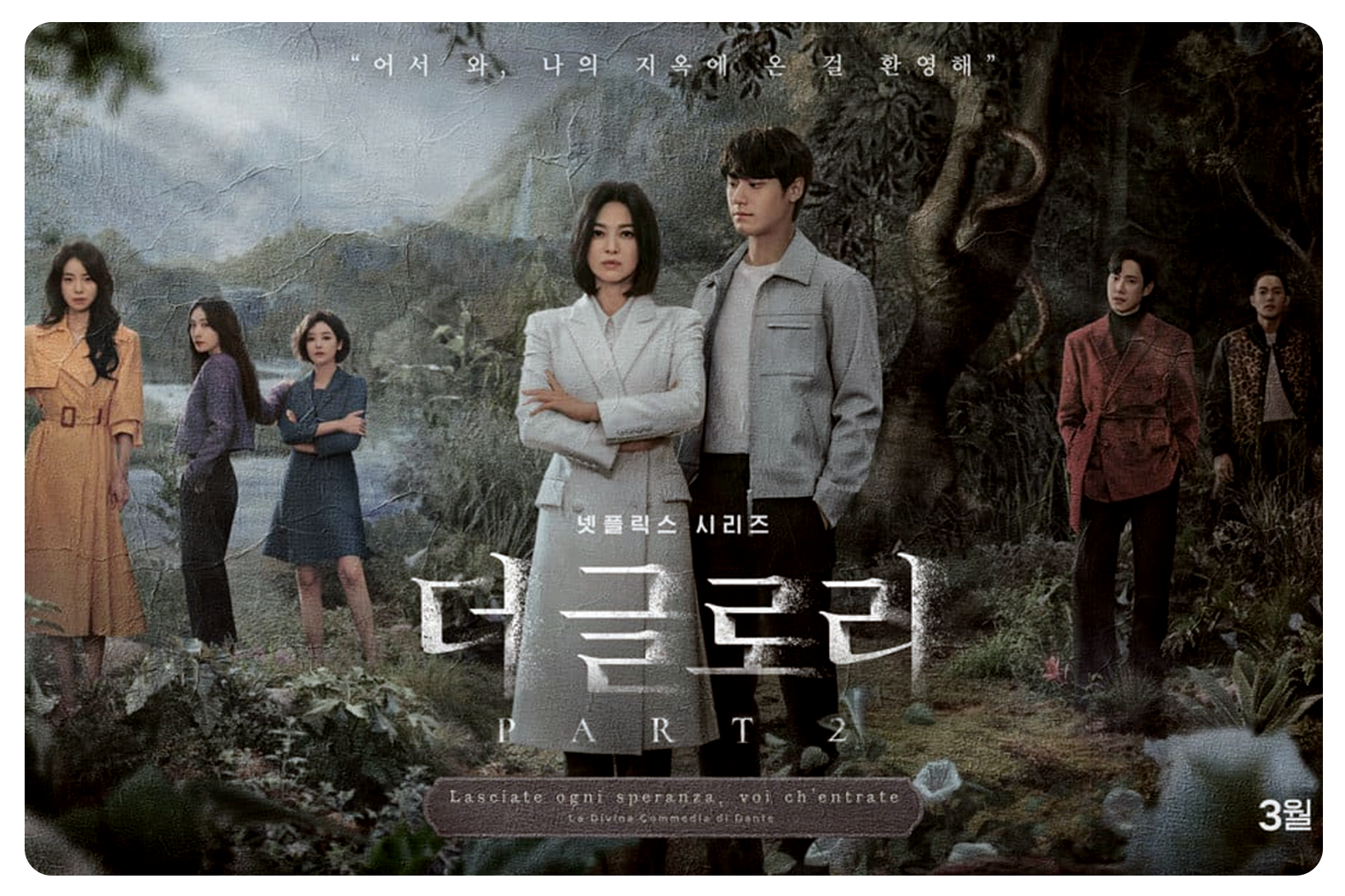
The Glory may leave some viewers with the idea that we are our own seekers of justice.
“When no one seems to be able to help us, we need to help ourselves” might be what some of us take away from the show.
The Bible, however, tells us that we have a divine and just God, who judges the world fairly. His fairness is perfect, nothing like the concepts of “justice” that people have.
So let us trust in God, who is the ultimate judge. Let us be free of bitterness and the desire for revenge, and let us leave behind our shame and guilt.
In Jesus, we can experience peace that transcends all understanding.
- Recall a time when you were wronged or mistreated.
- Did you choose vengeance? Why or why not?
- What does the Bible say about justice?







